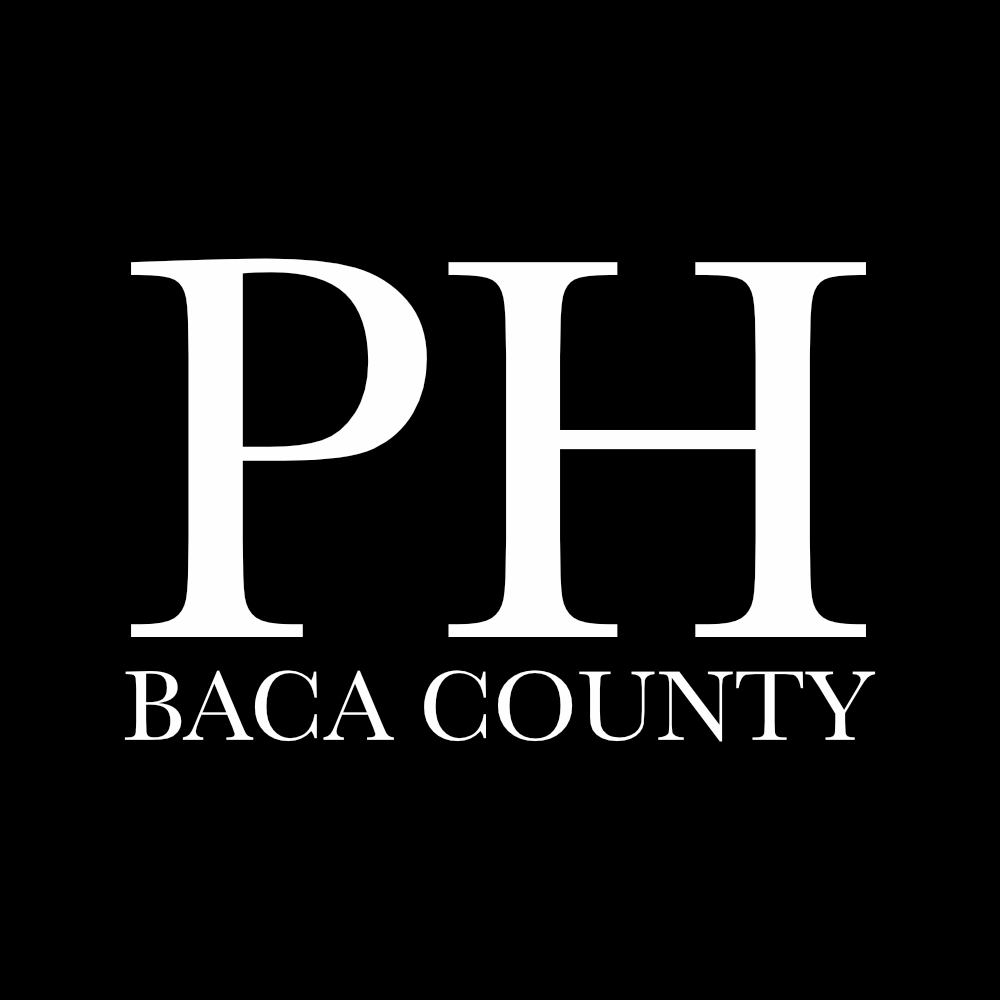It feels great to find interesting tidbits in old newspapers—for me it has been part of researching my book, for others, it may be finding an obituary, marriage announcement, or other types of notice. But sometimes historical newspapers used abbreviations and terms that are no longer common, leaving some of us scratching our heads.
Let’s say you are looking through an old 1887 issue of the Ashland Kansas newspaper and It says that Boston, Colorado celebrated her first anniversary on the 24th inst.
Inst. = Instant = Current Month. Inst. is an abbreviation for instance, which refers to the “present or current month, The phrase, “Boston celebrated her first anniversary on the 24th inst.” alone doesn’t give us enough information to know which month it refers to. We need to know when this report was published. Since it appeared in the November 26,1887 issue and since “inst.” refers to the present or current month.
Ult. = Ultimo = Previous Month Ult. is short for ultimo, meaning “of or occurring in the month preceding the present.” Like inst., we can’t know which month it’s referring to unless we know what the “present” month is.
Communicated is another term you might see as shown in this October 1887 edition of the Trinidad Citizen. 
You may see either the word communicated or its abbreviation, com. It can occur at the beginning of an article as shown above, but often will be abbreviated and placed at the end of an article as,
“Com.”
The term indicates that the item was written by someone other than a staff writer, and “communicated” to the newspaper for publication. A notice at the beginning of the newspaper article will often look like the sample above.
Whenever you see the term communicated or its abbreviation com., look for more articles in other newspapers. The first article you find may or may not be complete—often it has been edited from the original, and various sources indicate if you find that original article it may contain more history than the edited version of the article you found.
Terms such as those above are spread throughout historical newspapers. Here are more of the most common abbreviations and terms:
-
- Proximo (Prox.) – Essentially meaning “next,” this is used in newspapers to indicate the upcoming month. So “12th prox.” in a December newspaper would mean January 12th. In my book “Old Boston: As Wild As They Come” you will see this term more than once. Here is a sample,
“It has been a year the first prox. since these old time write-ups started, and it will probably be another year before they are brought to a final wind-up and maybe then some.”
- Proximo (Prox.) – Essentially meaning “next,” this is used in newspapers to indicate the upcoming month. So “12th prox.” in a December newspaper would mean January 12th. In my book “Old Boston: As Wild As They Come” you will see this term more than once. Here is a sample,
-
- Née – This term is French and means “born.” It is used to indicate a woman’s maiden name.
-
- Ultimo (Ult.) – This refers to the previous month. A December newspaper that says “12th ult.” is referring to November 12th.
-
- Twp. – Township
-
- Messrs. – used as a title to refer formally to more than one man simultaneously
- Name abbreviations – Name abbreviations are common in old newspapers. Some abbreviations are merely the first few letters of the name followed by a period, while others are contractions (the first part of the name plus the final letter). Some abbreviations are derived from the name’s Latin equivalent, which makes them a bit trickier to decipher. Below are some common name abbreviations:
Wm. – William
Chas. – Charles
Geo. – George
Jno. – John
Jas. – James
Thos. – Thomas
Ches. — Chester
Free. — Freeman
Newt. — Newton
Slang and alternate spellings
There are also many alternate spellings and slang terms in old terms in old newspapers that may or may not have meaning. Many times in my book you see the term “Billyard” instead of “Billiard” In the write-ups about Boston, Colorado, frontier newspaperman Sam Konkel uses the alternate, “billyard” spelling. Maybe the answer is as simple as he ran out of letters on his printing press. Because advertisements in his papers for saloon and billiard parlor is spelled “Billiard.” Slang terms of the day such as “mummixed” are common.
Old Fashioned Typos
There are many typos in old and new newspapers. The grammar Nazi’s amongst us get exceeding amounts of joy from pointing out these, so I guess we’ll just roll with it and let them have their fun. In some cases, while reviewing old newspapers, I haven’t been sure whether it is a typo or different use of a word from the old days. On page 19 of my book, the phrase “smell a mice”(shown below) doesn’t smell right to me, but as shown in the original below that is what was stated. Is it a typo or a phrase from the era? I am not sure.
From the book
From the original article
Hopefully, this conversation about some of the terms and abbreviations is useful to you!
If your interested in old west history, check out my book, “Old Boston: As Wild As They Come” on Amazon






